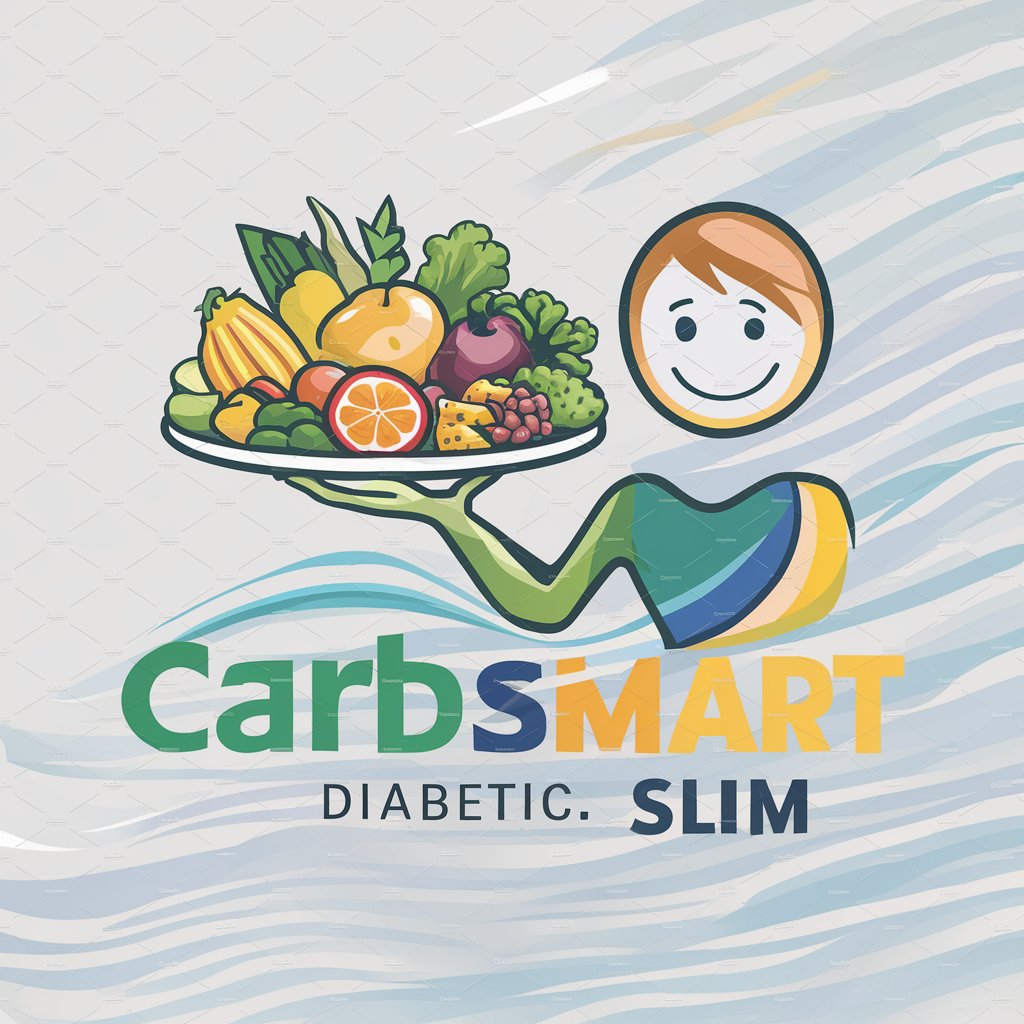
Sweeteners - Comprehensive Sweetener Guide

Hello! Let's explore the world of sweeteners and their impact on our health and nutrition.
Explore Sweeteners, Enhance Health
Can you explain the differences between natural and artificial sweeteners?
What are the health implications of consuming high-fructose corn syrup?
How does stevia compare to other natural sweeteners in terms of taste and health benefits?
What are some common uses of erythritol in cooking and baking?
Get Embed Code
Overview of Sweeteners GPT
Sweeteners GPT is designed to engage in detailed discussions about various sweeteners, covering both natural and artificial options. Its primary purpose is to provide accurate, unbiased information on different types of sweeteners, their properties, uses, and potential health implications. This GPT aims to serve as a comprehensive resource for individuals looking to deepen their understanding of sweeteners within a dietary and nutritional context. For example, it can clarify the differences between stevia and aspartame, discuss the potential health benefits and concerns associated with consuming xylitol, or explain how erythritol might impact blood sugar levels compared to traditional sugar. Powered by ChatGPT-4o。

Core Functions of Sweeteners GPT
Informative Discussions on Sweetener Types
Example
Explaining the chemical structure of sucralose and how it differs from sucrose.
Scenario
A user is curious about why sucralose is considered a no-calorie sweetener despite being made from sugar.
Health Implications of Sweeteners
Example
Detailing the research on stevia's potential effects on blood pressure and blood sugar levels.
Scenario
A user with a family history of diabetes wants to know if stevia is a safer alternative to sugar.
Dietary Recommendations and Uses
Example
Providing guidance on incorporating monk fruit sweetener into a keto diet.
Scenario
A user following a ketogenic diet seeks advice on natural sweeteners that won't disrupt ketosis.
Addressing Myths and Misconceptions
Example
Clarifying misconceptions about artificial sweeteners and cancer risk.
Scenario
A user is concerned about online claims linking artificial sweeteners to cancer and seeks evidence-based information.
Who Benefits from Sweeteners GPT?
Health-conscious Individuals
People who prioritize their health and wellness and seek to make informed dietary choices, especially regarding sugar intake and its alternatives.
Individuals with Dietary Restrictions
Those managing conditions such as diabetes, obesity, or metabolic syndrome, who need to understand how different sweeteners can impact their health.
Nutrition Professionals
Dietitians, nutritionists, and health coaches looking for a reliable source of information to support their clients' needs and questions about sweeteners.
Culinary Enthusiasts
Home cooks and professional chefs interested in exploring how various sweeteners can be used in cooking and baking to achieve desired flavors without compromising nutritional goals.

How to Use Sweeteners
Begin with a Trial
Start by accessing a free trial at yeschat.ai, no sign-up or ChatGPT Plus subscription required.
Identify Your Needs
Determine the type of sweetener you're interested in, whether for health reasons, cooking, or dietary preferences.
Learn About Sweeteners
Utilize the tool to explore various sweeteners, including natural and artificial options, and understand their health implications.
Experiment Responsibly
Incorporate sweeteners into your diet or recipes gradually, paying attention to recommended quantities and potential health effects.
Monitor Your Health
Observe any changes in your health or well-being and adjust your sweetener usage as necessary, consulting with a healthcare professional if needed.
Try other advanced and practical GPTs
The Bahamas
Explore The Bahamas with AI

Fondi Formazione Guru
Empowering Training with AI-Powered Funding Expertise

Conselheiro CFM
Empowering healthcare decisions with AI.

Trap Shooting
Master Trap Shooting with AI Guidance

Videos
Empowering video creation with AI

Energy Insight
Illuminate Energy Insights with AI

Astro Helper
Unlock your cosmic potential with AI.

Database Management
Empowering data management with AI

E-Commerce Mentor
AI-powered e-commerce and dropshipping mentor

Black
Dive Deep into the Essence of Black

Carpenter
Crafting Mastery with AI-Powered Carpentry Insight

テストデータ検証001
Enhance Data Integrity with AI

Q&A about Sweeteners
What are the differences between natural and artificial sweeteners?
Natural sweeteners are derived from plants or animals and undergo minimal processing, such as stevia or honey. Artificial sweeteners, like aspartame or sucralose, are synthesized and often provide a higher intensity of sweetness with fewer calories.
Can sweeteners affect blood sugar levels?
Most artificial sweeteners do not affect blood sugar levels, making them a popular choice for people with diabetes. However, some sugar alcohols and natural sweeteners may have a minimal impact.
Are there any health risks associated with sweeteners?
Research on sweeteners is ongoing, but some studies suggest a link between excessive consumption of certain artificial sweeteners and health issues like metabolic syndrome and gut microbiota imbalance. Moderation is key.
Can I use sweeteners in cooking and baking?
Yes, many sweeteners can be used in cooking and baking. However, it's important to consider the sweetener's heat stability and sweetness intensity, which can vary significantly from sugar.
How do I choose the right sweetener for me?
Consider your dietary needs, health goals, and taste preferences. For example, if you're managing diabetes, non-glycemic sweeteners might be preferable. It's also advisable to consult a nutritionist or healthcare provider.





